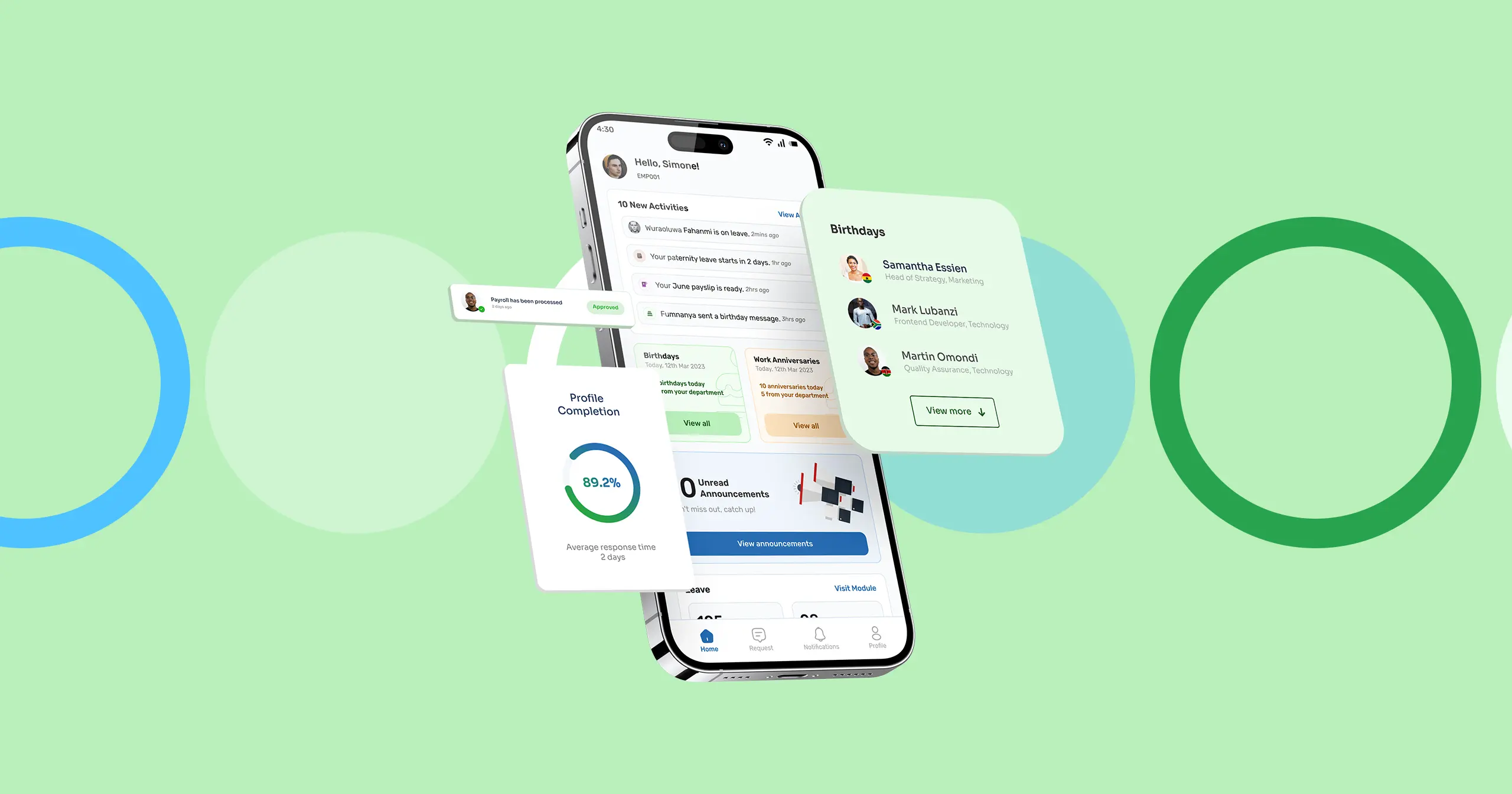Empowering Employees: The Top Benefits of ESS Systems
Employee self-service (ESS) systems in Human Resources have evolved since the emergence of employee portals and self-service kiosks in the 1990s. The early 2000s saw the development of more advanced ESS software with integration into Human Resources Information Systems (HRIS), and the 2010s introduced mobile and cloud-based ESS with improved user experience and self-service analytics. ESS systems have continued to adapt to changing HR needs and technological advancements, becoming integral in modern HR management. Employee Self-Service (ESS) systems provide numerous advantages for employees and organisations, including the following:
Cost Savings
ESS streamlines HR operations, reducing manual paperwork and administrative tasks, which not only saves time but also lowers operational costs. Employees can input and update their personal information directly, reducing the risk of data entry errors and maintaining accurate, up-to-date employee records.
Increased Accessibility for Employees
ESS systems empower employees to manage HR-related tasks, such as updating personal information, managing benefits, and submitting time-off requests. This empowerment contributes to increased employee satisfaction and engagement. ESS systems are accessible online or through mobile apps, enabling employees to access important information and perform HR tasks at any time and from anywhere with an internet connection.
Automated HR Processes
Automation features in ESS systems streamline HR processes by automating approval workflows for tasks like time-off and expense requests and payroll reviews and approvals. This reduces the time required to complete transactional HR processes. Furthermore, ESS systems help organisations maintain compliance with labour laws and regulations by ensuring employees adhere to required HR policies and have up-to-date information.
For HR personnel, ESS systems reduce the workload associated with routine administrative tasks, allowing them to concentrate on more strategic HR functions and employee support.
Data Privacy and Security
Regarding data security and privacy, ESS systems come with robust security features and access controls, which protect sensitive employee information and assist organisations in maintaining data security and complying with data protection regulations.
Quick Access to HR Reports
ESS systems provide decision-makers with accurate, real-time data, which supports data-driven decision-making in areas like workforce planning and performance management. They are scalable, easily accommodating the needs of growing organisations and adapting to changes in the workforce or the addition of new features or integrations.
In summary, Employee Self-Service (ESS) systems simplify HR processes, foster employee empowerment and engagement, improve organisational efficiency, reduce costs, enhance data accuracy and security, and contribute to a more productive and satisfied workforce, all while streamlining HR operations.








